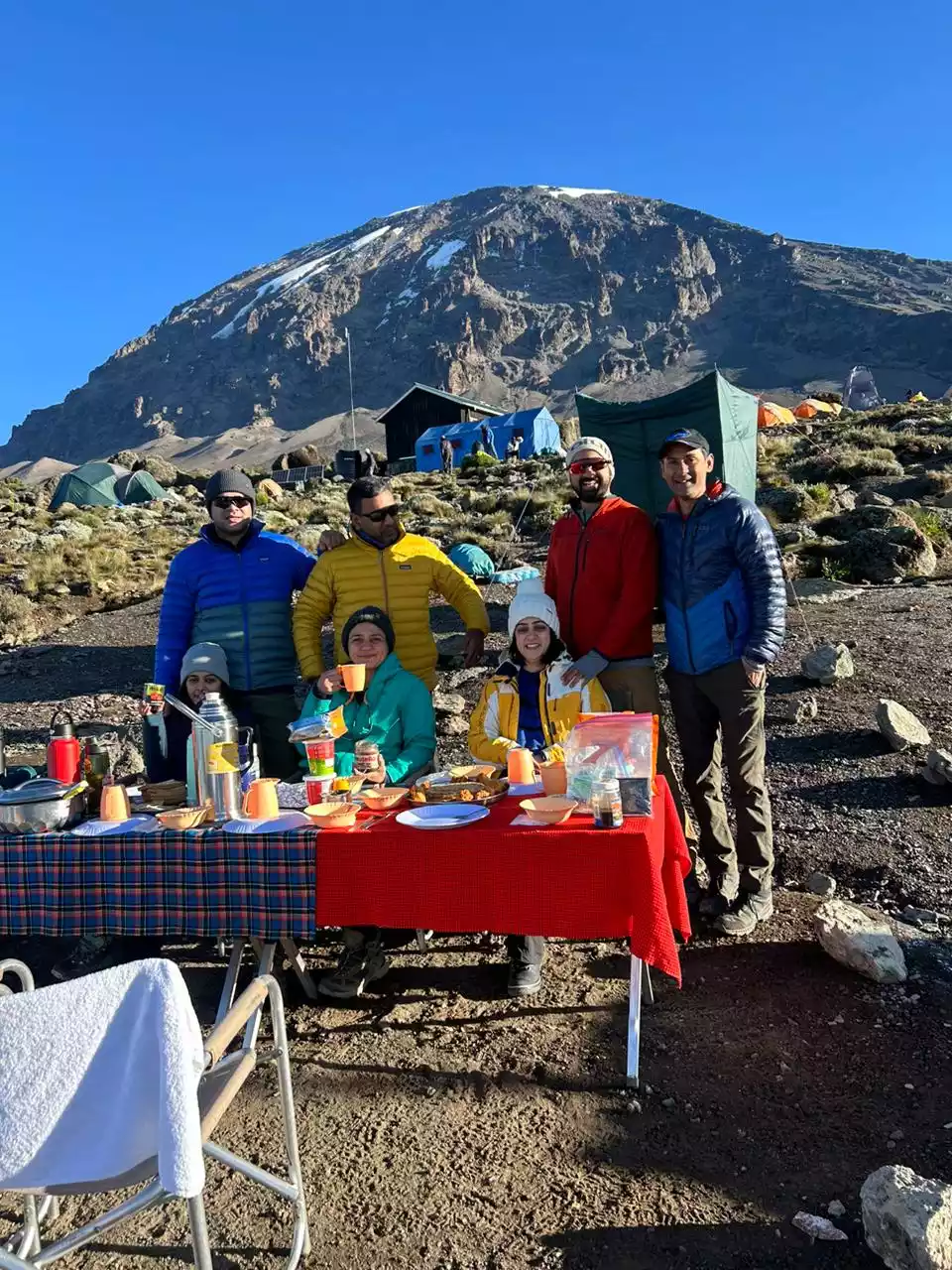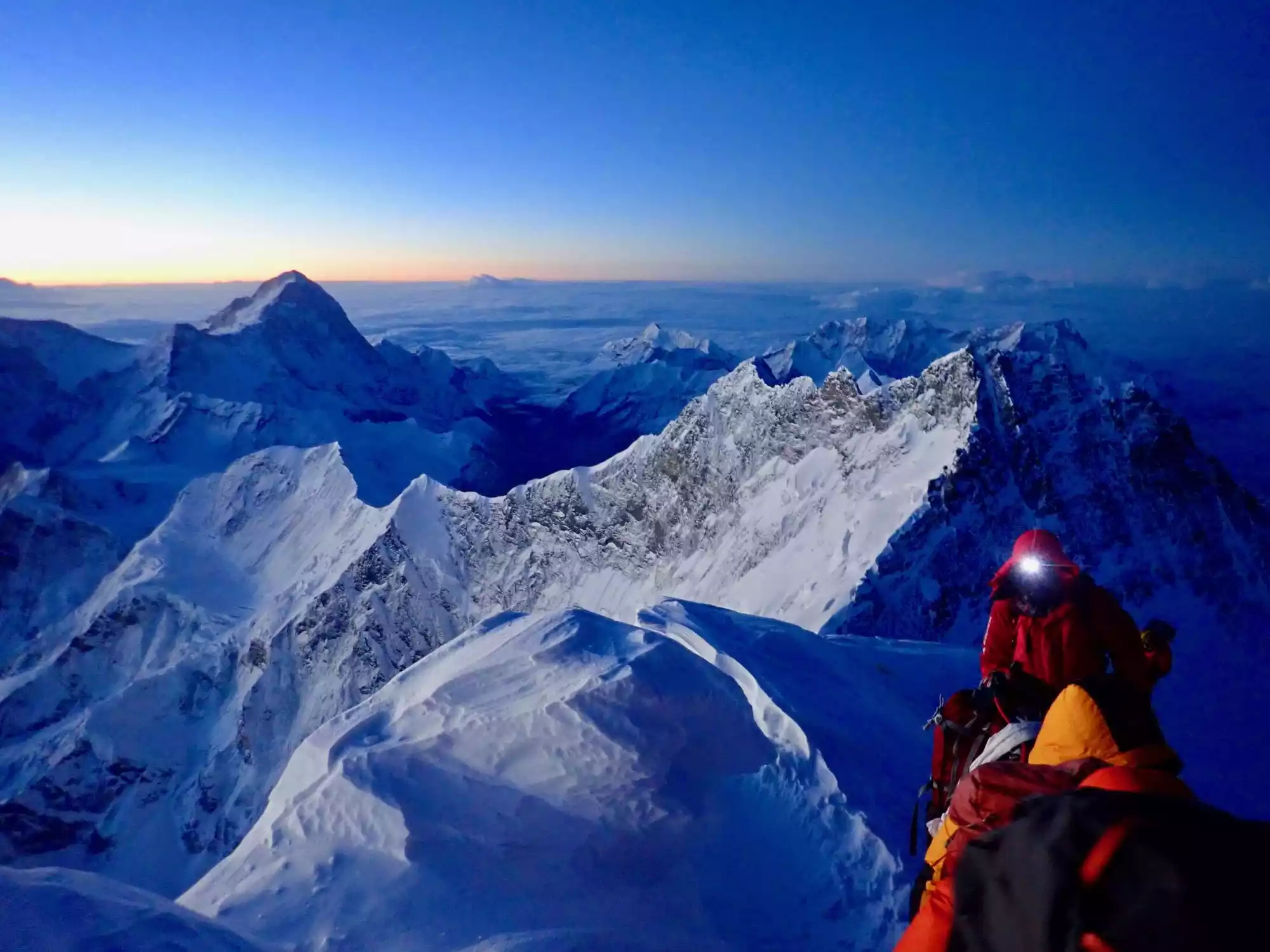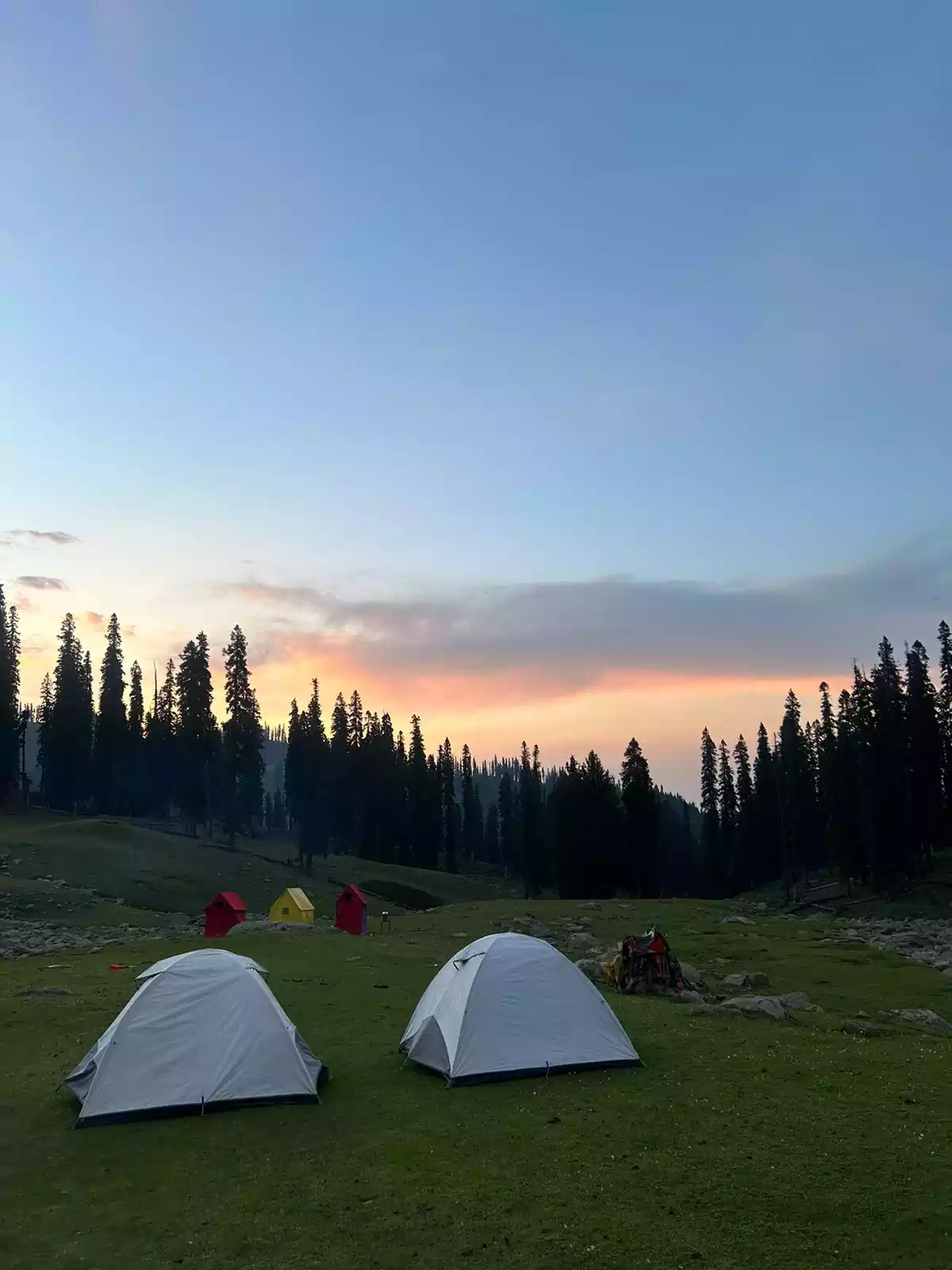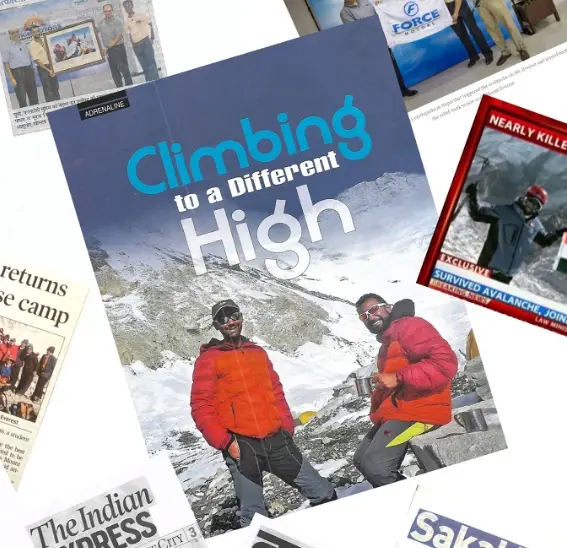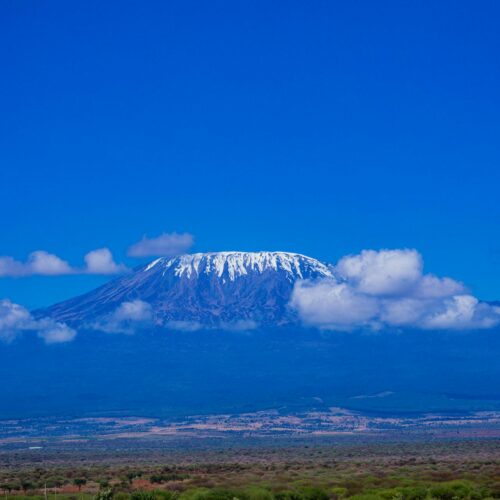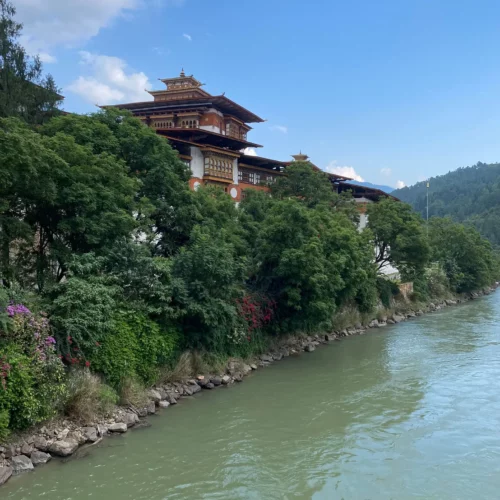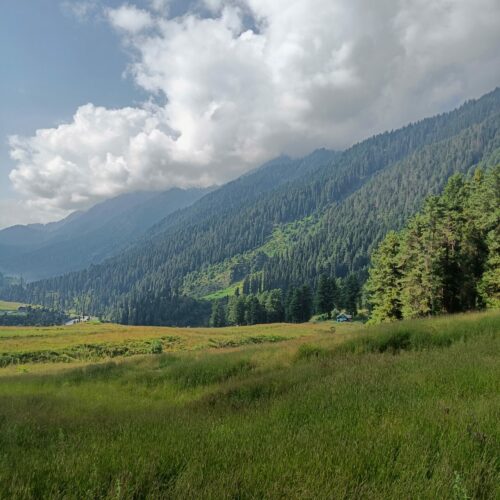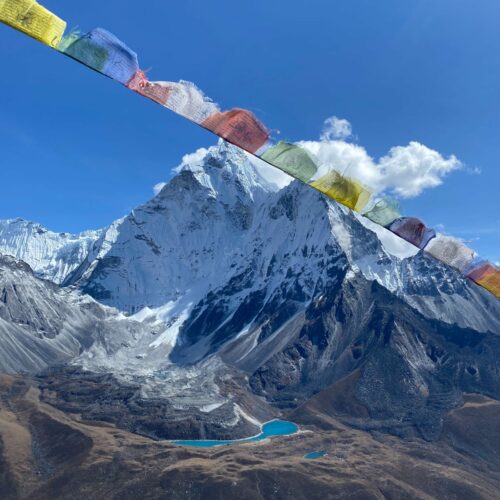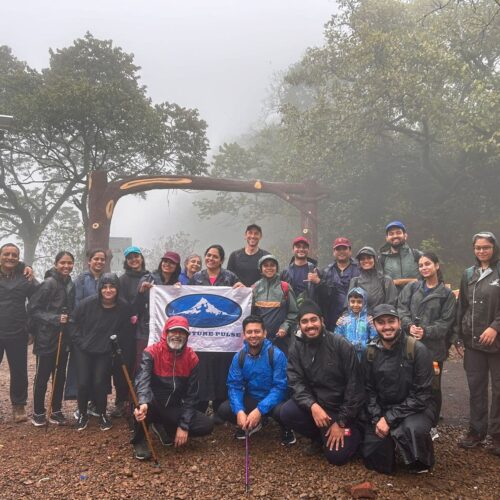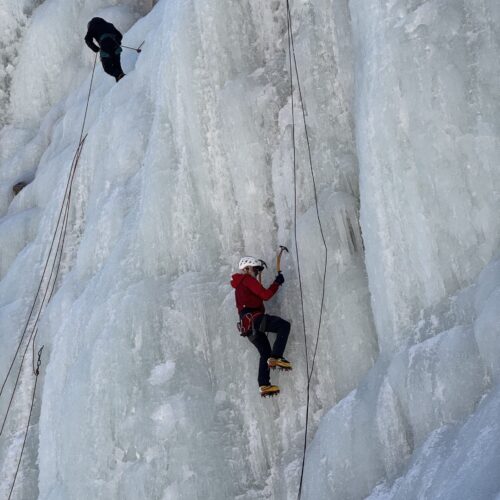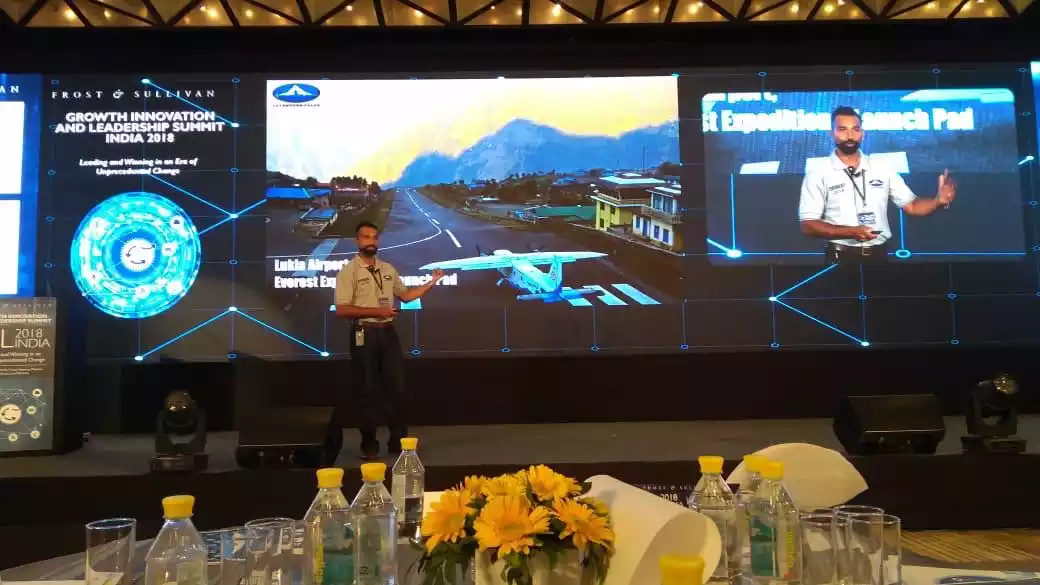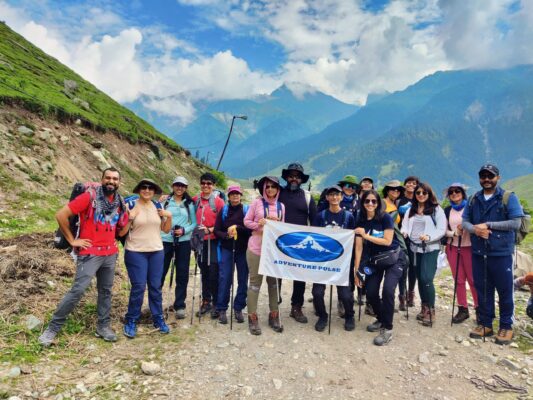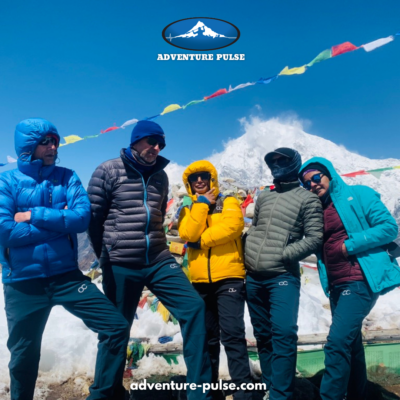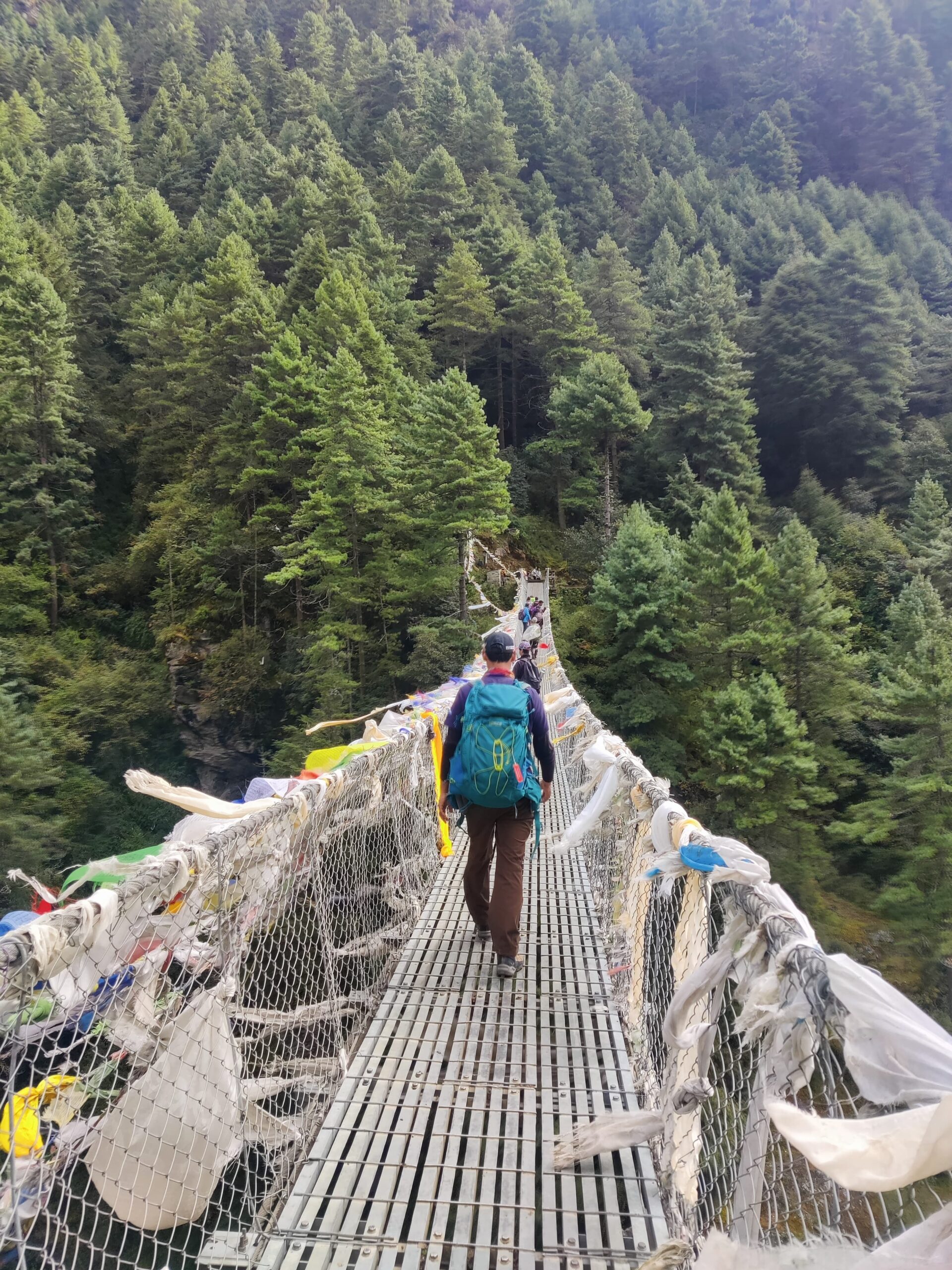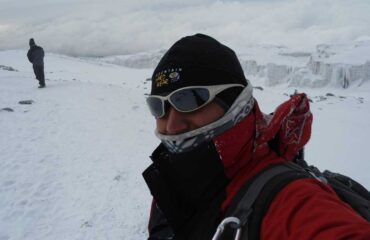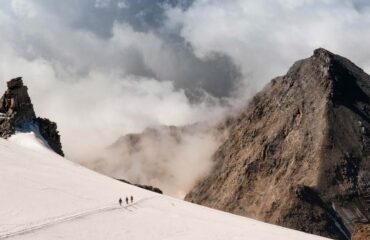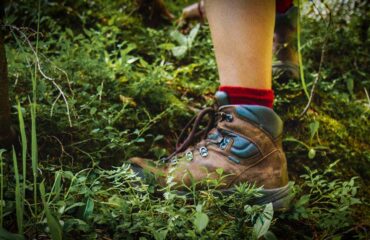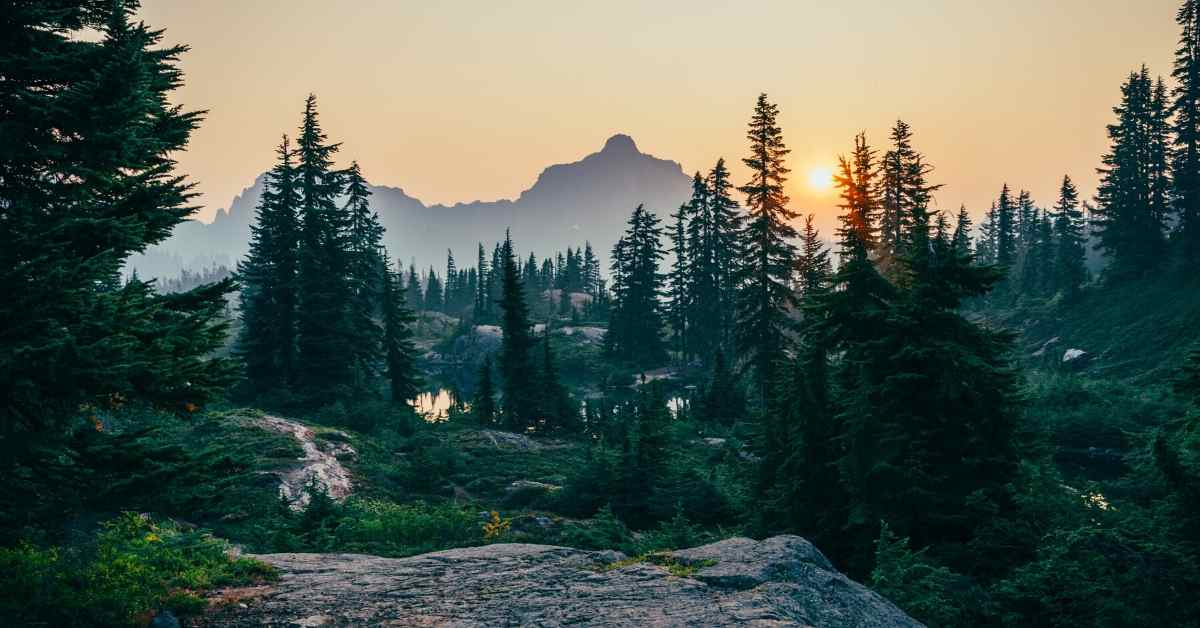
With treks around India becoming accessible to a larger audience, more people are choosing to spend their time and money in the mountains. This of course is a welcome break from the monotony of their work week, giving them a chance to recharge in the lap of nature.
Given the sedentary lifestyle of most Indians, this is certainly an excellent alternative to the package Europe tours or the luxury cruise vacations. However it comes with its own set of challenges. As more people flock to the mountains, there is tremendous pressure on the limited resources available in these regions. Given our modern lifestyle, we are much more dependent on packaged products and water utilization. As a result, this begins to push the limited resources available in the mountains, closer to its carrying capacity. On pristine mountain trails, the amount of trash and litter has increased dramatically. As more people head up to the mountains, they bring with them snacks, water bottles and other pollutants. Given the lack of awareness or education, this invariably results in these pristine mountain trails becoming littered with piles of trash, the very thing we were attempting to escape.
This rampant littering has prompted many state authorities to enforce strict rules to curb pollution. The state of Uttarakhand has banned camping on many of its famous trails such as Roopkhund and Tapovan. The State Government has also ordered the removal of all permanent structures from alpine meadows as well as capping the number of people visiting these incredibly beautiful natural wonders in order to preserve its sensitive ecology.
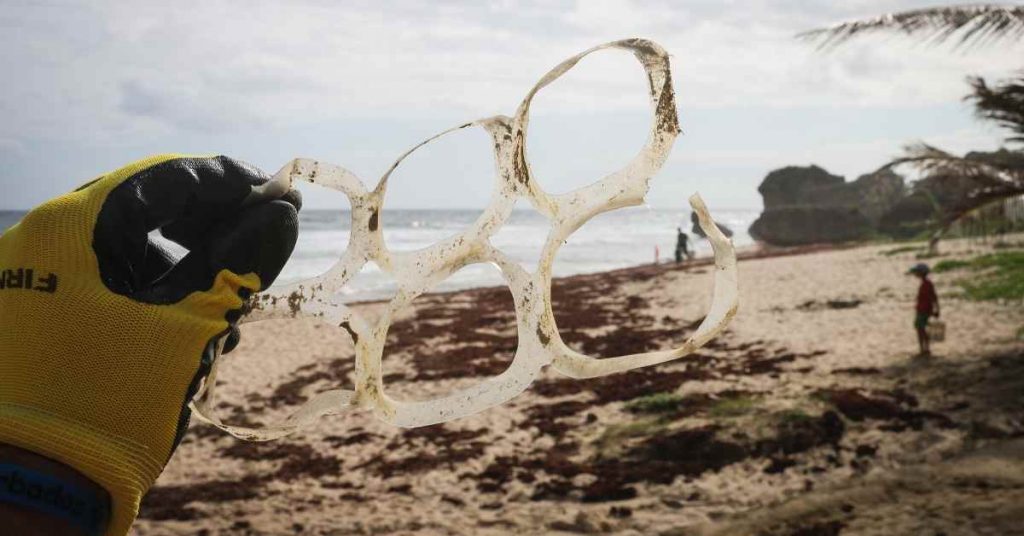
What can you do?
The biggest challenge, is the lack of awareness people have regarding their impact on the ecology when visiting the mountains.
The Leave No Trace for Outdoor Ethics is an organization that aims to educate people on ways to reduce the ecological impact of humans, as we venture into the outdoors . With more and more people heading for treks, especially in eco-sensitive areas, it is imperative that we are conscious of our actions and respect the outdoors. With the ecosystems of both the Himalayas and the Western Ghats facing pressure from the number of people visiting them, it is important that we preserve these beautiful place for the future generations. The Leave No Trace Organization has laid down a set of 7 principles that everyone can incorporate and be more mindful off, when embarking into these pristine places.
The Leave No Trace Seven Principles
- Plan ahead and prepare.
- Travel and camp on durable surfaces.
- Dispose of waste properly.
- Leave what you find.
- Minimize campfire impacts (be careful with fire).
- Respect wildlife.
- Be considerate of other visitors.
1. Plan Ahead and Prepare
The first principle of Leave No Trace is to Plan Ahead and Prepare. Planning is imperative when we step outdoors, as this can help us reduce our impact on the ecosystem. Proper planning can also ensure the safety of all the members, as when you are tired you tend to make riskier decisions.
For example, if you plan to go for a trek in the Western Ghats such as the K2S Trek, studying the route, understanding the laws of the area can be useful as you will know what to expect. By carrying adequate water and supplies, you can ensure that you do not need to buy anything else and thus you can manage your waste more effectively.
2. Travel and camp on durable surfaces.
When you are on a trail, it is best to stick to the path thus reducing the damage to the land. Especially at higher altitudes, vegetation grows scarcely and often the shrubs can be overlooked. By venturing off the trail you risk damaging them.
If you are camping, set up your camp on designated campsites; and in the case that there are no campsites available choosing a site where vegetation is absent. Ideally, you do not want to camp too close to any water body and all the toilet tents should be further away from the water bodies to avoid contamination.
3. Dispose of waste properly
One of the most important principles, especially in a country like India. Littering is rampant in most treks in India. Plastice waste wrappers such as Center Fresh chewing gum, Lay’s Chips and Parle-G biscuits have become a common sight on most treks in India. While trekking, its imperative that you manage your waste properly. During my mountaineering courses, we were given a small trash pouch where we would collect the plastic waste we would generate as well as pick up the plastic on the trail. It is a simple but effective solution to reduce litter.
We like to nibble on some sweets while trekking. Removing them from their individual packing and placing them in a zip-lock bag when you’re at home before you leave for your trek is an effective solution to stop those small pieces of plastics entering the area. Carry all your plastics back with you when you leave a campsite. Be mindful of the wet wipes that you use because wet wipes are not biodegradable. All human waste should be disposed away from water bodies and should be buried around in holes at least 15cm deep.
A good practice which you can follow is to pick up some of the litter you find while on the trail, thus leaving the trail cleaner than when you found it.
4. Leave What you Find
While on the trail, avoid taking anything out of the ecosystem. ‘Take pictures and leave only footprints’ is something I like to follow. A small stone or a couple of pieces of wood may seem like an insignificant amount but it may be important for the region’s wildlife. Additionally, any trenches or constructs that you used while camping must be dismantled and left as close to how it was before.
Carving your name into trees or rocks, a practice which is extremely common especially at cultural sites all over India, is unacceptable.
5. Minimize campfire impacts (be careful with fire).
An unattended fire can wreak havoc in a forest, so be careful. A fire should preferably be lit in a metal dish/stove or should be surrounded by stones to prevent embers from flying into the wilderness. Avoid carrying firewood obtained from outside the same geographical area you are visiting as the wood may contain bugs and bacteria that may harm the indigenous species.
You should light a small fire that serves your purpose and avoid large bonfires. Make sure all the wood has burnt properly and disperse the ashes once they have cooled
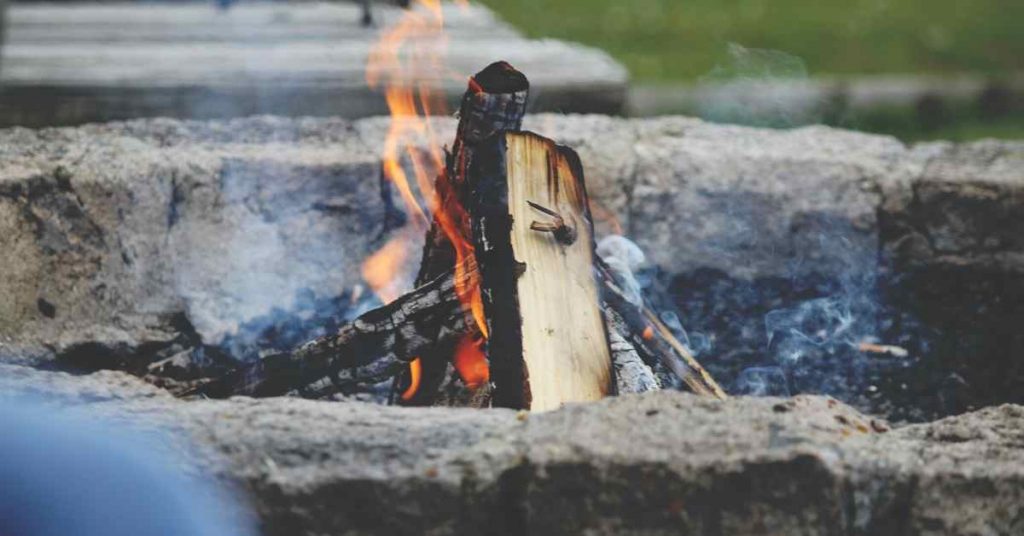
6. Respect wildlife.
When entering areas with a wildlife population, maintain a respectful distance from them and remember that this is their home. You are now the outsiders and the visitors in their habitat. Avoid petting wild animals or feeding them as this may reinforce the animal’s behavior to ask humans for food. Wild animals are not pets.
This is a rampant problem in many mountainous regions as tourists feed the local monkeys. The monkeys then tend to steal and attack groups for food.
7. Be considerate of other visitors.
The final principle is to be considerate of fellow visitors. Greet fellow trekkers and ask them how they’re doing. Whether trekking to Everest Base Camp or the Kashmir Great Lakes, the mountains are what calls each one of us there. Small things such as letting a faster trekker overtake or giving way to a porter carrying heavy weight, can result an enjoyable trip for all the parties involved. Playing loud music on speakers can disturb other trekkers and also disturb the animals.
These are a few small practices that if enough people follow, can lead to a better, cleaner and more mindful experience for the entire ecosystem, thus allowing future generations an opportunity to enjoy these majestic places as we do. At the end of the day, whenever we go trekking, we will create an impact on the ecosystem.
Our goal at Adventure Pulse has always been to try and reduce our impact on nature by minimizing the damage we do to the ecosystem. By keeping small groups for our treks, we have more control over the impact on the ecosystem and can manage waste more effectively. Teaming up with local partners gives us an opportunity to learn from the people who call the mountains their home. By reducing our impact on the limited resources of the mountains, we can ensure that these majestic places can be conserved for future generations.

